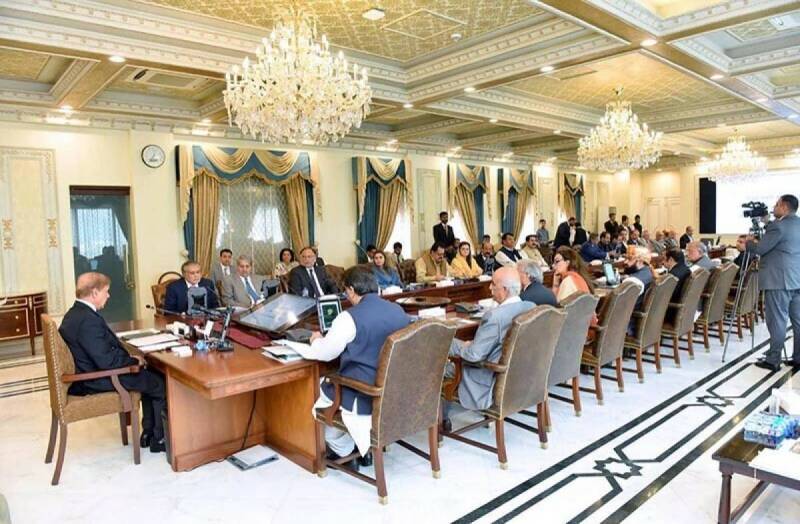The federal cabinet has taken a significant step towards advancing the Sustainable Development Goals (SDGs) in Pakistan by approving the formation of a 27-member steering committee. This committee is tasked with finalizing the modalities for the disbursement of Rs75 billion allocated under the SDGs Achievement Programme. The approval marks a critical milestone in the government’s commitment to addressing multi-sectoral development challenges across the country.
The steering committee, officially notified on July 30, 2024, has been established to oversee the allocation and disbursement of funds for projects aligned with the SDGs. These projects, which span various sectors, are crucial to achieving the development targets set by the United Nations, focusing on areas such as poverty alleviation, healthcare, education, and infrastructure development.
The committee, chaired by Deputy Prime Minister and Minister for Foreign Affairs Ishaq Dar, includes seven prominent ministers. These members bring diverse expertise to the table, ensuring that the committee’s decisions are well-informed and aligned with national priorities. The ministers on the committee are:
Ishaq Dar, Deputy Prime Minister and Minister for Foreign Affairs (Chairman)
Rana Sanaullah, Adviser to the Prime Minister Ahsan Iqbal, Minister for Planning Awais Leghari, Minister for Power Jam Kamal Khan, Minister for Commerce Abdul Aleem Khan, Minister for Privatization Chaudhry Salik Hussain, Minister for Overseas Pakistanis
The committee also comprises 10 members of the National Assembly, representing various regions and communities across Pakistan. These members include Sardar Muhammad Yousaf Zaman, Riaz ul Haq, Raja Pervaiz Ashraf, Shazia Marri, Muhammad Hanif, Khalid Hussain Magsi, Pullain, Mohammad Ijaz ul Haq, and Tariq Fazal Chaudhry.
The primary role of the steering committee is to allocate the Rs75 billion fund across various sectors, ensuring that the projects selected align with the SDGs and address the most pressing development needs. Each project can receive funding of up to Rs50 million, except for Sui gas projects, which are excluded from this allocation.
The process for submitting projects is designed to be community-driven, promoting grassroots involvement in development initiatives. According to sources, any community wishing to propose a project must submit a written request to the local Deputy Commissioner (DC). The proposal must be endorsed by at least 10 members of the community. Once received, the DC’s office will review the proposals and forward them to the steering committee in the form of formal funding requests.
Despite the approval and notification of the steering committee, sources indicate that the committee has not yet convened its first meeting. This delay in meetings has led to some concerns about the timely disbursement of funds, especially given the scale and urgency of the development projects under the SDGs.
The committee holds its inaugural meeting, it will swiftly finalize the modalities for fund allocation. The focus will be on ensuring that the disbursement process is transparent, efficient, and in line with the overarching goals of the SDGs. The committee’s decisions will play a crucial role in determining the success of the SDGs Achievement Programme, as effective fund allocation is key to implementing the selected projects on the ground.
The federal cabinet’s decision to form this steering committee underscores the government’s commitment to the SDGs and its recognition of the importance of sustainable development in Pakistan. By allocating significant funds and establishing a high-level committee to oversee their disbursement, the government aims to make tangible progress towards achieving the SDGs.
The inclusion of diverse members from different sectors and regions within the committee also reflects a holistic approach to development. This diversity ensures that the projects funded under this programme address the varied needs of Pakistan’s population, from urban infrastructure to rural healthcare and education.
The involvement of key ministers and National Assembly members in the decision-making process is expected to enhance the legitimacy and effectiveness of the committee’s work. Their combined experience and knowledge will be vital in identifying the most impactful projects and ensuring that funds are used efficiently.




